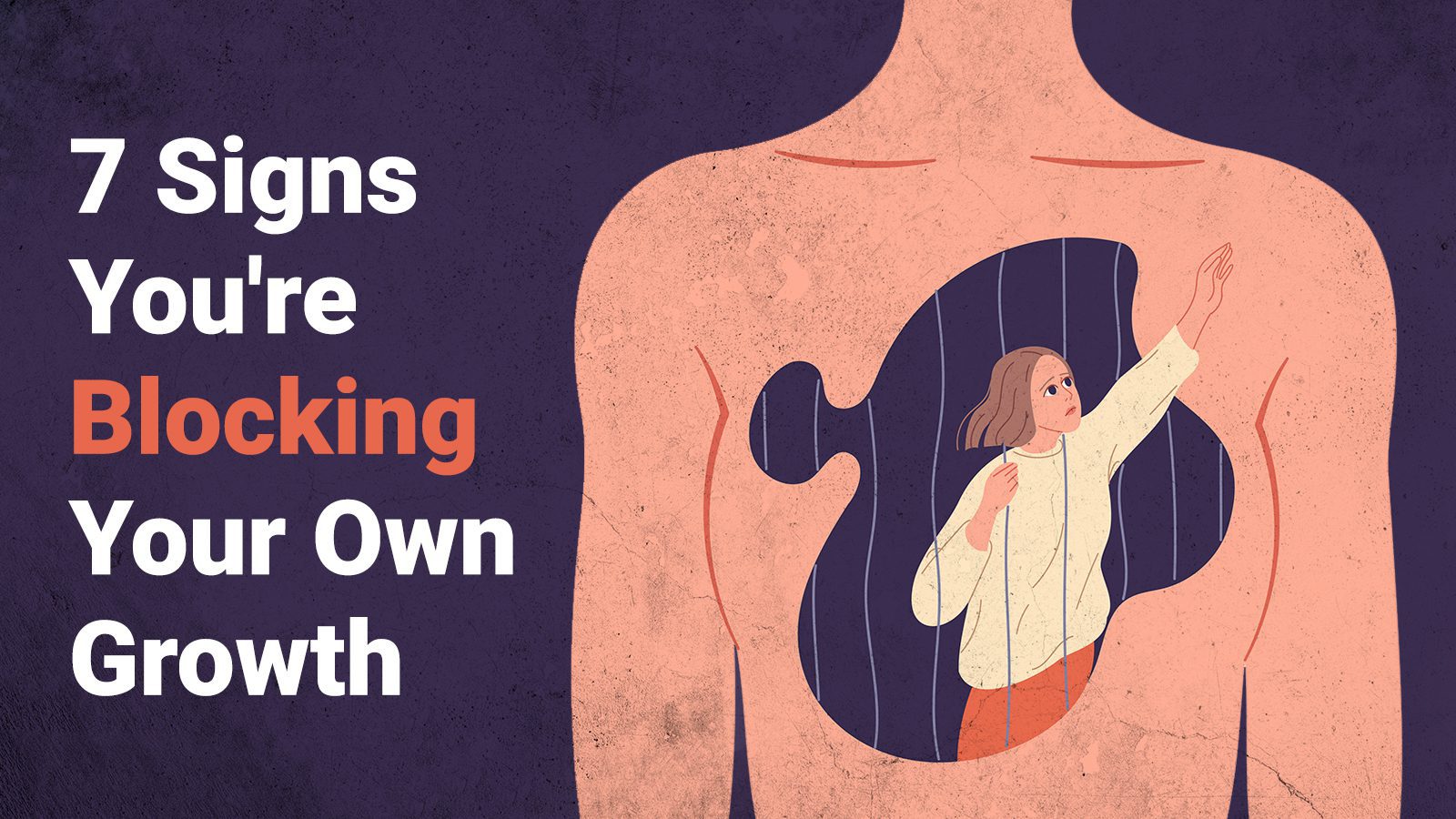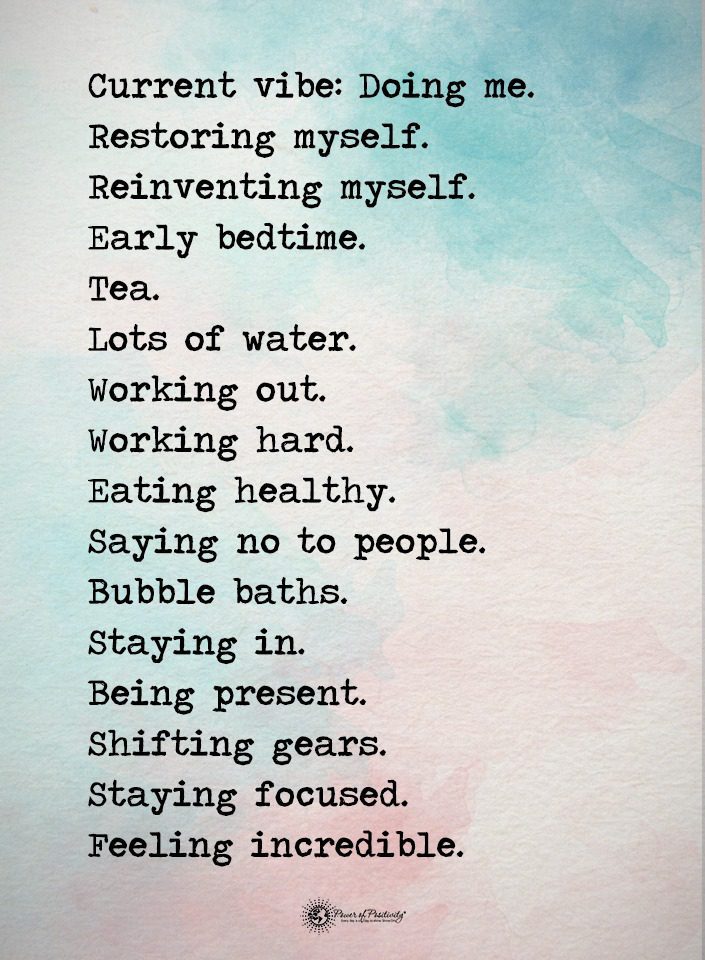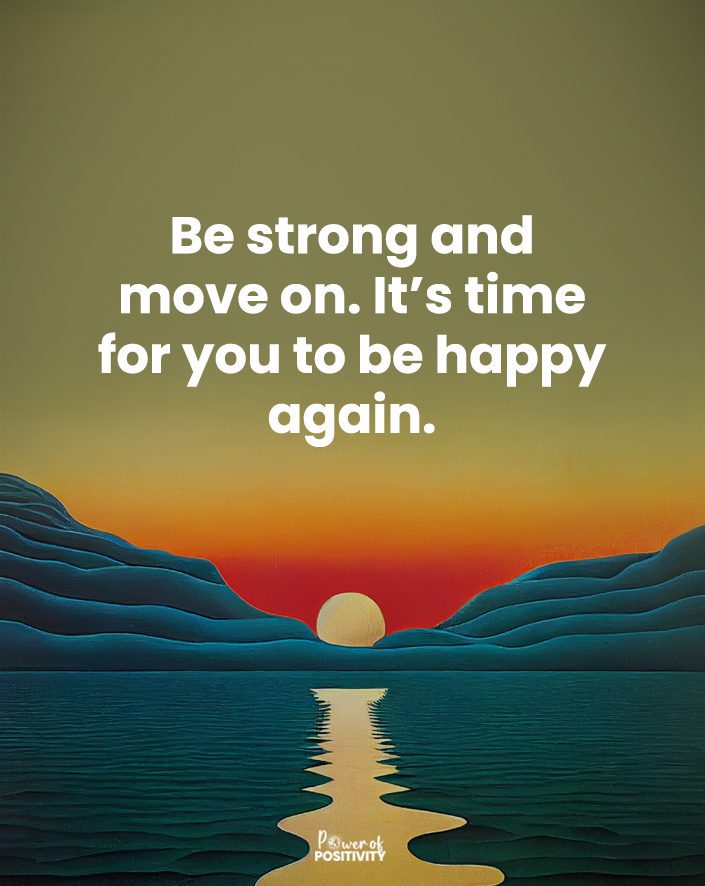Are You Blocking Your Own Growth? Take the quiz HERE…
Growth is a natural part of life, yet many people find themselves stuck in one place, unable to move forward. This stickiness can be due to limiting beliefs that hold them back from exploring new opportunities and taking risks. Everyone falls into one of three zones. These are the complacent, survival, or comfort zone.
The Complacent Zone is where someone is stuck and unable to move forward. As a result, they’re often resentful or jealous of others. The Survival Zone shows someone who works tirelessly but doesn’t seem to get ahead. They become dissatisfied and experience burnout. The optimal existence is the Comfort Zone. It is a place where we can challenge ourselves and grow intentionally and at our own pace.
An Illustration of Each Zone, and How They Contribute (or take away from!) Your Growth
Let’s think of growth as a journey–like driving along a dirt road. Sometimes we might hit a patch of mud and get stuck.
A person in the Complacent Zone reacts by sitting stuck in the mudhole. They start to get irritable, perhaps worrying that another car might venture along the road and crash into them. Still, they don’t have an awareness of how to get unstuck.
Another driver, someone in the Survival Zone, furiously starts to spin the tires and rev the engine. But that makes them even more mired in the mudhole. They become angry, so upset that they break down in tears of frustration.
The third driver is in the Comfort Zone. This person knows how to assess the situation, trusting their inner knowledge. They remain calm. While weighing options, they remember they have kitty litter in the trunk from a recent trip to the grocery store. They calmly tear open the bag, apply the sandy material to the road surface for grip, shift to low gear, and gently ease out of the predicament.
While getting stuck in the mud is easy, it’s much harder to recognize when stuck in a limiting belief system.
Seven Behaviors That Block Your Growth (You Need to Find the Comfort Zone!)
These seven behaviors can block growth. Naming them allows us to shift into our comfort zone. It’s also worth noticing that we can float from one zone to another when we undergo life changes. But the important part is recognizing it, allowing you to return to your Comfort Zone.
With each behavior, we suggest a way to “get unstuck” and move into a growth mindset.
1 – Being a go-getter may mean you are in the Survival Zone.
Some people are proud to be go-getters, and while this might sound like a good thing, it can indicate that they work hard without reaching the desired outcome. Go-getters have an unrelenting drive to succeed, which can lead to burnout.
For instance, imagine a young professional who wants to climb the corporate ladder quickly. They work long hours, sacrifice weekends and holidays, and are constantly on the go. However, this approach leads to exhaustion and a lack of balance in their life. They may find themselves stuck in a cycle of overworking, unable to enjoy the fruits of their labor.
To break this cycle, set boundaries with yourself. Set an alert on your phone–when the timer dings, it means no more work. You can ease it–try this twice a week at first and gradually increase. You’ll gradually learn to unwind.
2 – Difficulty falling asleep or disrupted sleep patterns may suggest you are in the Survival Zone.
Another behavior that can block our growth is having difficulty falling asleep or often awakening at night. These indicate that someone is in the Survival Zone and fails to “power off” for the night.
For example, imagine a parent working full-time during the day, taking care of their children in the evening, and staying up late to attend college. Their mind constantly races, focused on what they must accomplish next. They lack the time to take care of their needs. Even worse, all that energy means they struggle to power off at the end of the day.
In time, these behaviors can lead to a failure to reset for the next day and cause burnout over time.
Adopt a new evening routine. That might be a luxurious bubble bath or meditation before you fall asleep. Self-care activities can ease your mind and help you transition to a restful place. You can do this for as little as ten or fifteen minutes; it will become a habit.
3 – You feel stuck in the past but fearful of the future, indicating you are in the Complacent Zone.
Another behavior that can limit growth is feeling stuck in the past but also fearing the future. This sign reveals that someone is in the Complacent Zone. This positioning holds them back from achieving their goals. It also causes resentment toward those who accomplish great things.
For example, imagine someone who had a difficult childhood. As a result of a less-than-ideal upbringing, they have a negative outlook on life. They focus on past failures and the hurt that they have experienced. That pattern leads to anxiety about the future. These thoughts can hold them back from taking risks and exploring new opportunities.
Try journaling for three minutes daily. You can craft a gratitude list to acknowledge the best things in your life. While at it, consider your future goals and note how to achieve growth. Don’t worry about perfection. Nobody else will read these!
4 – You only try new things when someone urges you, which suggests you are in the Complacent Zone.
Another behavior that can block human growth is only trying new things when others urge us to. This behavior indicates an existence in the Complacent Zone. That’s where someone lacks self-confidence and intuition. Thus, they don’t experience new joys.
For instance, imagine someone who always orders the same dish at their favorite restaurant, even though they see other customers trying different dishes. They don’t want to step out of their comfort zone and try something new because they fear they won’t like it. This behavior can prevent them from discovering new experiences and achieving personal growth.
Gently challenge yourself. Make a point of trying one new thing per week. These don’t need to cost you a penny. It might be like our food example, cooking a new dish. Or it could be driving home from work, a new way to see new scenery. You will gradually spur growth, opening yourself to other new things.
5 – You rely on material, tangible goods to make you happy, which might mean you are in the Survival Zone.
Relying on material things or tangible goods for happiness can block our growth. It reveals that someone is in the Survival Zone. External rewards inform this behavior. It doesn’t allow us to take time away from overworking to enjoy the simple pleasures in life.
For example, imagine someone who works long hours and always buys themselves expensive things as a reward for their hard work. They might buy a new car, a luxury watch, or designer clothing. While these things might bring temporary happiness, they are not sustainable, and they can cause someone to miss out on the simple joys of life, such as spending precious time with loved ones or enjoying nature.
Don’t reward yourself with a purchase the next time you reach a milestone. Instead, find one thing that makes you happy and spend a few minutes indulging in it. That might be puppy snuggles or a quiet meal with your partner. But find something that sparks your inner joy–that’s your reward.
6 – You rarely make long-term plans or commitments, which might indicate living in the Complacent Zone.
Another behavior that can hinder growth is rarely making long-term commitments. This lack of commitment suggests someone is in the Complacent Zone, muddling through life stuck in the same old routine.
Here’s an example. Imagine someone who always spends weekends at home, watching TV and scrolling through social media. They rarely commit to new social events, like parties or outings, because they are comfortable in their current routine.
This behavior can prevent them from making new connections, trying new experiences, and growing personally. They don’t benefit from meeting new people or exposure to a broad range of ideas. You guessed it–they limit their growth.
Accept that next invite to a wedding or class reunion. Sign up for a class at the community college. You might enjoy the interaction and find the courage to try one more new thing.
7 – Caring too much about others’ opinions suggests life in the Survival Zone
Finally, caring about what others think about us can be a behavior that holds us back from personal growth. This behavior suggests the Survival Zone, where people are motivated by external factors. These external forces often include the opinions of others. People in the Survival Zone are often people pleasers who go to great lengths to be well-liked.
For example, imagine someone always seeking validation from others, even when it means sacrificing their values and beliefs. They neglect their internal growth and instead focus on external validation, which can limit their ability to achieve personal success.
Instead of seeking approval from others, seek self-love. Try meditation to delve into your soul and reconnect with your inner self. Give yourself ten minutes two or three times a week. It takes very little time and supports the growth process.
Final Thoughts on Understanding If Your Zone Blocks You From Growth.
Personal growth requires us to challenge our limiting beliefs and behaviors. Recognizing when we are in the Complacent or Survival Zone allows us to trust our intuition, make long-term commitments, and focus on internal growth instead of external validation. Ultimately, the Comfort Zone is where we can intentionally challenge ourselves and grow at our own pace, achieving personal success and fulfillment.
If you’re interested in learning more about which growth zone you’re currently in, please take this quick, fun, and free quiz. This quiz will help you identify whether you’re in the Complacent, Survival, or Comfort Zone and offer tips on how to move towards personal growth. You will answer a few simple questions. You’ll get your results instantly, gaining valuable insight into which behaviors might hold you back from achieving personal success.
So, what are you waiting for? Take the quiz and start your journey toward personal growth today.

















 Community
Community

